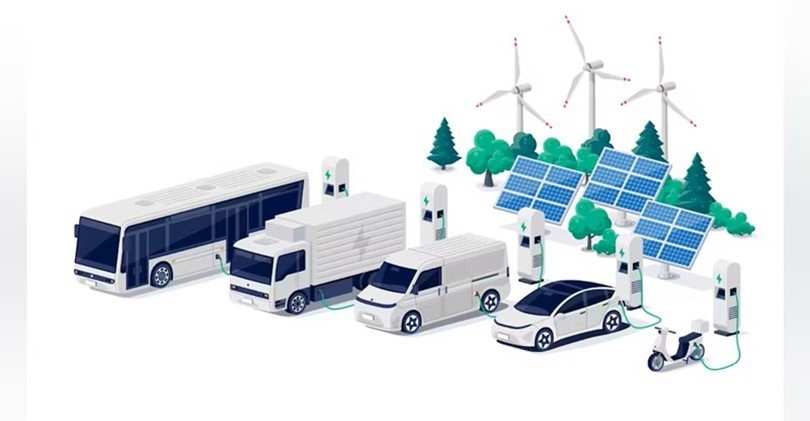Table of Contents
ToggleThe Halt of the National Electric Vehicle Infrastructure (NEVI) Program
The Trump administration’s decision to halt the National Electric Vehicle Infrastructure (NEVI) program has sparked significant controversy. This program, designed to bolster the nation’s network of electric vehicle (EV) charging stations, was a key component of the Bipartisan Infrastructure Law. Let’s delve into the details of this sudden suspension and its potential ramifications.
Understanding the NEVI Program
The NEVI program, funded with a $5 billion allocation over five years, aimed to address the significant shortage of fast-charging stations across the United States. By providing grants to states, the program intended to facilitate the construction of a nationwide network, enabling convenient long-distance travel for electric vehicle owners. The program set high quality standards to ensure a consistent and reliable charging experience. Before the halt, progress was evident, with dozens of stations already operational and hundreds more under construction.
The Trump Administration’s Intervention
This progress was abruptly halted when the Trump administration issued a directive suspending all NEVI program plans approved under the previous Biden administration. The stated reason was the need for “new guidance,” effectively putting the program on hold until further notice. This action directly contradicts the bipartisan support the program had initially received from Congress. The Trump administration’s stance on the NEVI program has been consistently negative, with the president repeatedly making misleading statements about its cost and effectiveness during his 2024 campaign. Frequent claims of exorbitant spending on a small number of charging stations were demonstrably false. While the program has allocated over $2 billion to states, and numerous stations are in operation or under construction, these figures significantly differ from the claims made by the Trump administration.
Legal and Practical Implications
The legality of the FHA’s unilateral suspension of a congressionally approved program remains uncertain. Experts have voiced concerns, suggesting that the FHA might not possess the authority to unilaterally halt the program. The legal challenges to this move are expected, and lawsuits from affected states are anticipated resulting in further delays and legal battles.
State transportation directors, responsible for implementing the program at the state level, have been advised that they are not obligated to halt projects based solely on the federal announcement. Many entities are urging them to proceed with ongoing projects until new federal directives are released. This underscores the significant uncertainty and potential for prolonged disruption caused by the administration’s actions.
Fallout and Potential Impacts
While contracts already finalized will be honored, many contracts are still incomplete or in the planning stages. This leaves many projects in limbo, potentially causing financial repercussions for contractors and delays in achieving the program’s goals. The long-term impact on the growth of the EV infrastructure is presently unclear, but the halt will certainly hinder the expansion of charging stations.
The Trump administration’s actions might also have unforeseen consequences for Tesla, a major beneficiary of the NEVI grants. However, by not rolling back already finalized contracts, the impact on Tesla might be limited. The elimination of federal tax credits for electric vehicles, a policy seemingly favored by the Trump administration and recently supported by prominent figures in the EV industry such as Elon Musk, could further impact the adoption of electric vehicles.
The Broader Context
This move is part of a broader pattern of the Trump administration’s approach towards environmental regulations and clean energy initiatives. This action stands in contrast to the broader national and global push towards a cleaner energy future. The efforts to transition the transportation sector towards widespread EV adoption faced another significant setback with this suspension.
In summary: The halting of the NEVI program represents a significant obstacle to the development of a comprehensive EV charging infrastructure in the United States. The legal challenges, potential delays, and uncertainties surrounding the program’s future highlight the far-reaching impact of this decision.
The situation will continue to unravel as legal battles commence and the new administration delivers its revised guidance (if any). The future of EV adoption in the United States now hinges on the outcome of these complex legal and political conflicts. The implications extend far beyond simple infrastructure development potentially impacting the broader clean energy transition, and the competitiveness of US manufacturing within the burgeoning global EV market.



